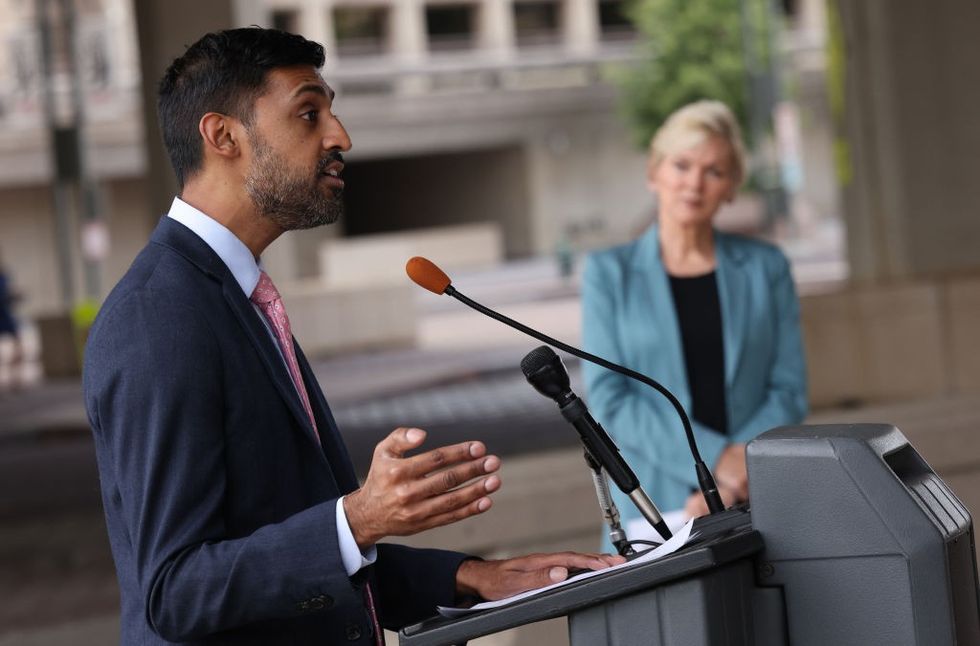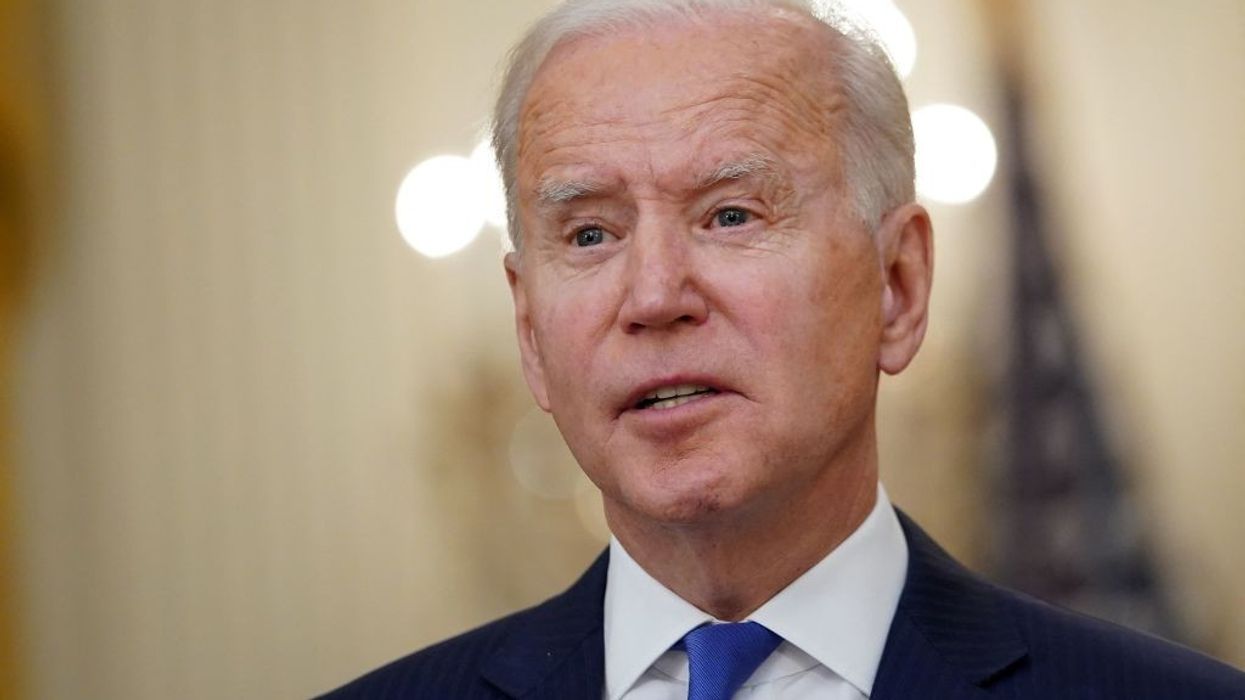INDIAN-American Arpita Bhattacharyya has been named as the chief of staff to the office of deputy secretary at the US department of energy by president Joe Biden.
Bhattacharyya, who earlier worked for Strategic Projects, Impossible Foods -- a food and beverage company that made meat from plants -- is among the new appointees who are set to back Biden’s Build Back Better agenda to combat climate change, create well-paid jobs and secure a clean-energy future for all Americans.
Tarak Shah, the chief of staff for the energy department said in a press release, “DOE is thrilled to welcome these extraordinary individuals who are committed to championing climate solutions and delivering on President Biden's promise of a more prosperous, equitable clean energy future. Their talent and innovative spirit are invaluable to our success and making our clean energy future a reality.”

Bhattacharyya’s appointment was also relevant since Biden, who took office in January, promised to create a more diverse administration.
Bhattacharyya is a resident of San Francisco Bay Area and has studied at Carleton College, Minnesota, and Yale University, Connecticut. She has worked on environment and climate change and also worked for SunPower Corporation, a leading renewables firm in San Francisco.
She also worked as a policy analyst for the energy and environment team at the Center for American Progress, Washington DC. She was a special assistant to distinguished fellow Carol Browner and was promoted at the centre three times during her stint.




